Mental Health and Gaming: Finding Balance
- 2024-07-19
- 0
As an avid gamer, I have always been fascinated by the virtual worlds that offer a respite from daily stresses. While gaming has incredible advantages, there is an ongoing debate about its impact on mental health. I've personally experienced the highs and lows, so I understand how crucial finding a balance can be.
Immersive Joy and Immediate Gratification
Gaming provides a sense of immediate gratification that can be highly addictive. The instant feedback loop of completing a mission or leveling up gives a rush of dopamine, the feel-good hormone. When I first started gaming, I was enthralled by how quickly I could achieve accomplishments compared to real life. This instant reward system, though exhilarating, can make it challenging to focus on long-term goals.
Social Connectivity Through Multiplayer Games
Multiplayer games opened a new realm of social interaction for me. I forged friendships with people from around the globe, learning about different cultures and perspectives. This sense of community can be nurturing and supportive, but it’s also easy to lose track of time in online conversations and cooperative missions.
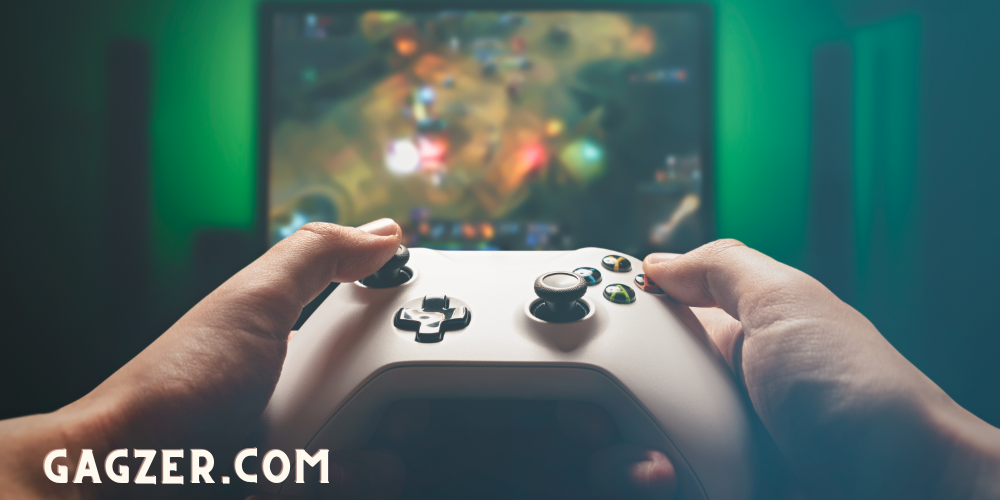
The Physical Consequences of Long Gaming Sessions
Spending long hours in front of a screen began impacting my physical health. My posture suffered, I experienced frequent headaches, and I found myself neglecting exercise. Recognizing these issues, I had to consciously incorporate physical activity into my routine. Stretching exercises and regular breaks became an essential part of my day.
The Emotional Rollercoaster of Competitive Gaming
Engaging in competitive gaming introduced me to a whirlwind of emotions. Wins brought euphoria, while losses left me feeling frustrated and sometimes discouraged. Balancing these emotions was crucial for my mental well-being. I learned to celebrate my victories without being overly affected by setbacks, understanding that both are a part of the gaming experience.
The Importance of Setting Boundaries
As I delved deeper into gaming, I realized the necessity of setting boundaries. Allocating specific time slots for gaming and adhering to them helped me maintain a healthy balance with other responsibilities. Moreover, informing friends about my gaming schedule ensured that my social interactions did not interfere with other priorities.
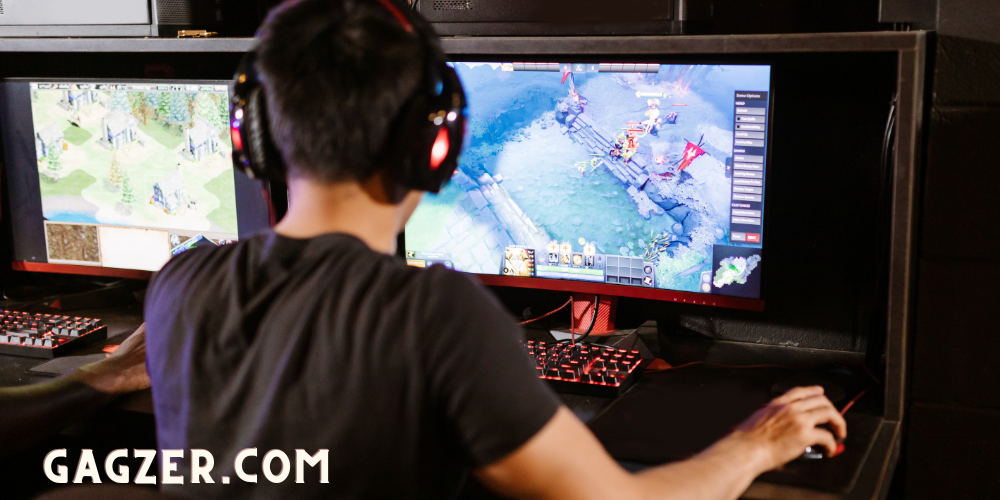
Mindfulness and Gaming
Incorporating mindfulness techniques into my gaming routine was transformative. Practicing deep breathing exercises before starting a session helped me stay centered. Taking a moment to reflect on my emotional state after a game allowed me to process my feelings constructively. These mindfulness practices helped me enjoy gaming without becoming overwhelmed.
The Role of In-Game Achievements in Self-Esteem
In-game achievements provided a boost to my self-esteem. However, I had to be cautious not to equate my value solely with in-game success. Understanding the difference between virtual accomplishments and real-life achievements was important for maintaining a balanced sense of self-worth.
Recognizing the Signs of Gaming Overload
There were times when gaming began to feel more like an obligation than a hobby. When I noticed a decline in my overall mood, irritability, and neglect of daily activities, I knew it was time to step back. Being attuned to these signs helped me recalibrate my gaming habits and restore balance.
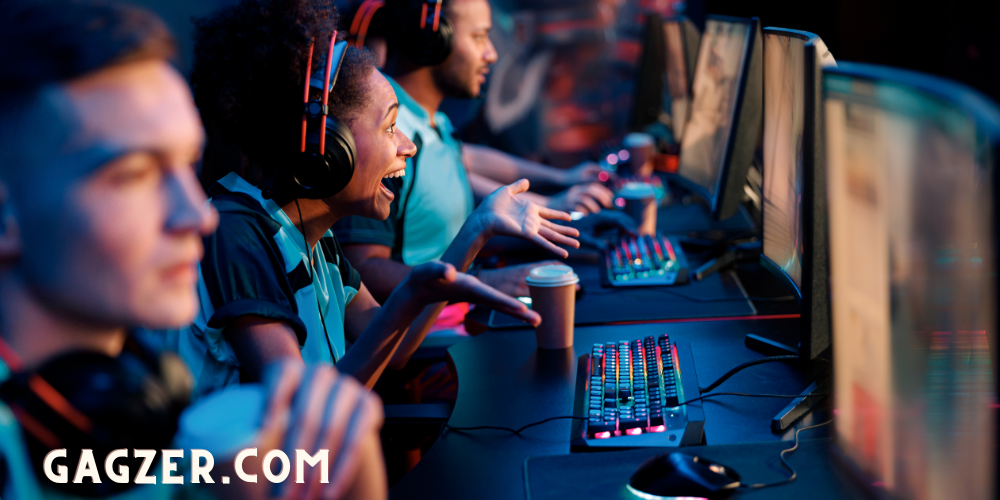
Finding Joy in Other Hobbies
Exploring other hobbies enriched my life and provided a counterbalance to gaming. Engaging in activities like reading, hiking, and cooking not only improved my mental health but also diversified my sources of joy. This variety ensured that gaming remained a part of my life without dominating it.
The Therapeutic Potential of Games
Interestingly, some games have therapeutic potential. Puzzle games can enhance cognitive function, while story-driven games can provide emotional catharsis. For me, playing narrative-rich games offered a way to explore complex emotions and scenarios, contributing to emotional growth.
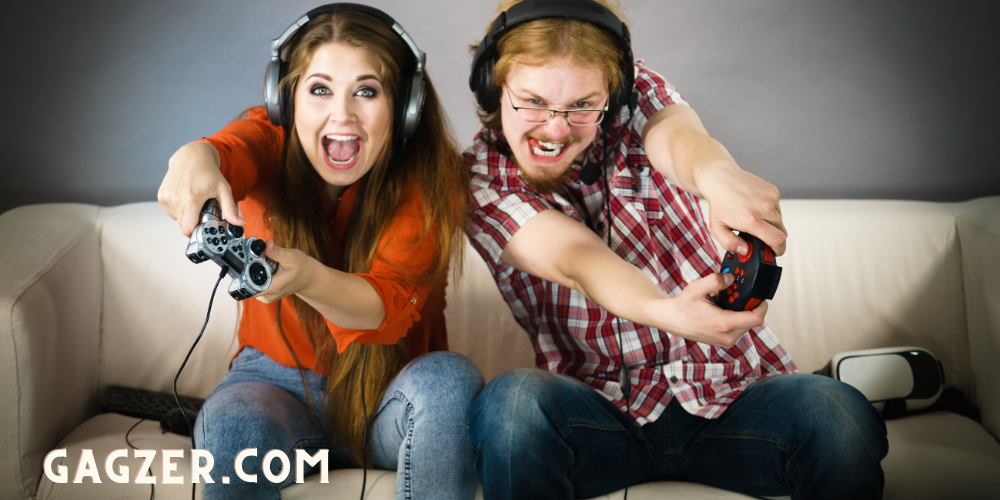
Support Systems Within the Gaming Community
The gaming community itself can be a significant source of support. Interacting with fellow gamers who understood my struggles and triumphs provided a sense of belonging. Online forums and social media groups became platforms where I could share experiences and seek advice on maintaining a healthy balance.
Parental Guidance and Youth Gaming
For younger gamers, parental guidance is crucial. By establishing boundaries on screen exposure, promoting outdoor play, and ensuring a balance between gaming and various responsibilities, children can cultivate beneficial habits. My own experience underscored the importance of guidance in ensuring that gaming remained a positive influence.
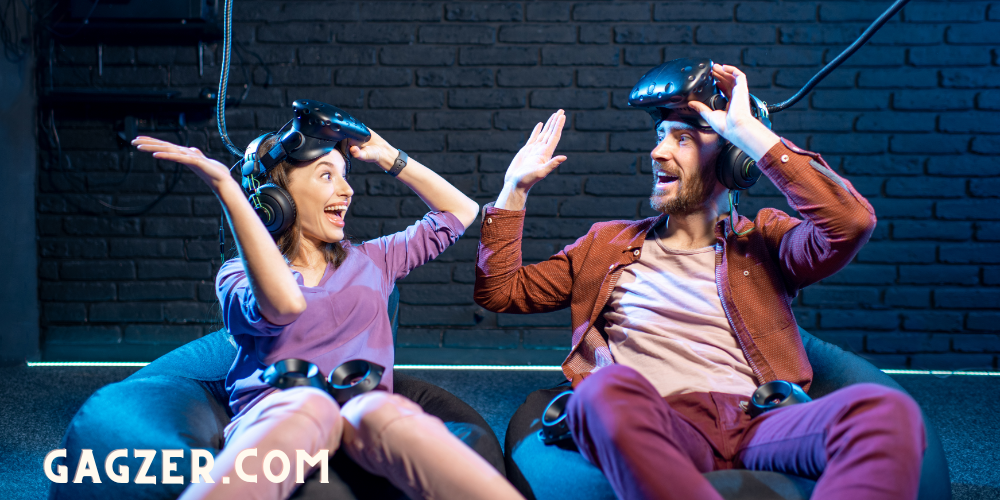
Responsible Gaming for Adults
As an adult, taking responsibility for my gaming habits was essential. This included setting personal goals, recognizing my gaming triggers, and seeking help when needed. Just like any other aspect of life, responsible gaming required self-awareness and proactive measures.
Professional Help and Counseling
At times, professional help can be beneficial. If gaming begins to impact mental health negatively, seeking counseling or therapy can provide strategies to manage it. I found that talking to a professional helped me gain perspective and develop a healthier relationship with gaming.
Combining Gaming with Physical Activity
Combining gaming with physical activity was another innovative approach. Games that required physical movement, like virtual reality games or fitness-related games, allowed me to enjoy gaming while staying active. This approach turned sedentary gaming into a physically engaging experience.
In sharing my personal journey, I hope to shed light on the complex relationship between gaming and mental health. Finding a balance is unique to each individual, and it involves a combination of self-awareness, mindfulness, and proactive measures. Gaming can be a wonderful escape, a source of joy, and a tool for social connection, as long as it is managed thoughtfully.






Leave a comment
Your comment is awaiting moderation. We save your draft here
0 Comments